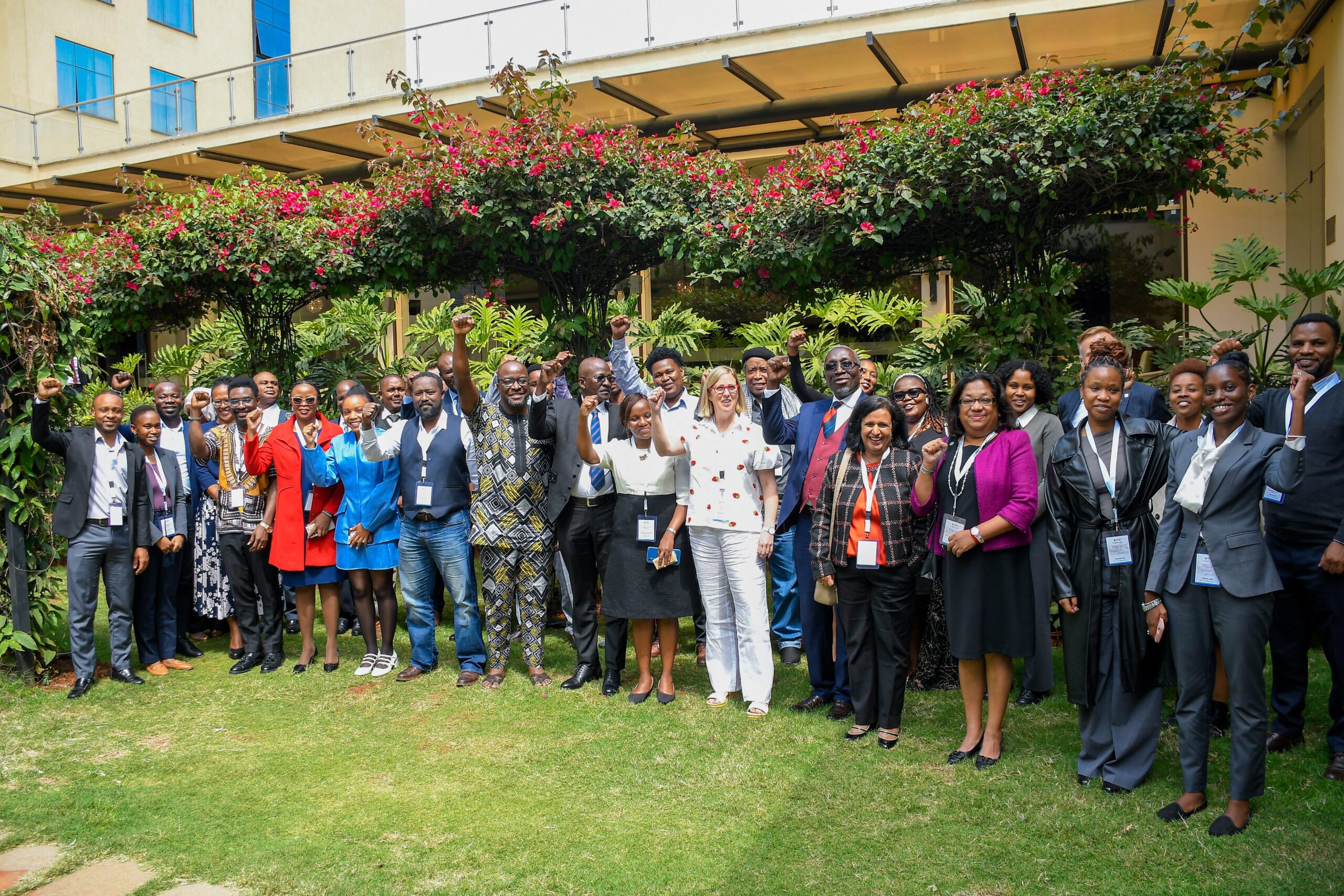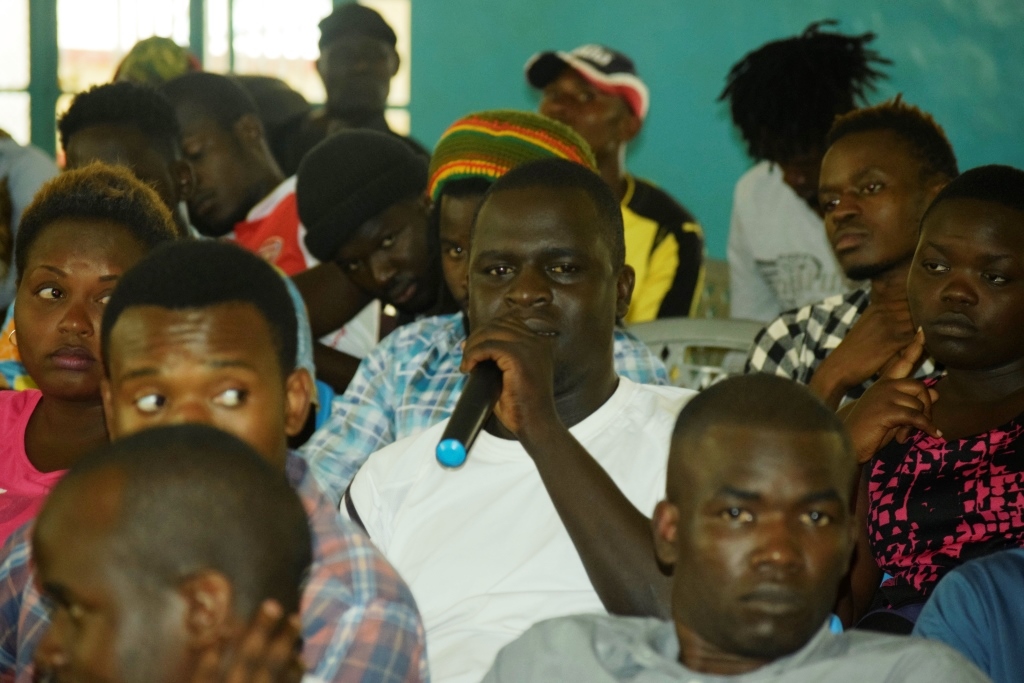ICJ Kenya identified environmental governance as a thematic and strategic area as captured in its Strategic Plan 2016-2020. Although the extractives sector has the potential to propel economic and social development in Kenya, the legal, policy and administrative frameworks remain nascent and information to the public is not readily available. Through generation of knowledge products and legal text, ICJ Kenya will launch the first in the series of its publications that focuses on the governance of extractives in Kenya. The key objective is to contribute to national and regional discourse on the best practices of governance of the extractives in line with the Sustainable Development Goals.
The discovery of oil and gas and other natural resources in Kenya was received with enthusiasm and optimism of a great future, not only for the country but also for the communities resident in the respective regions. However, several years since the discoveries, resource extraction has concentrated wealth and power in the hands of a few, aggregating corruption and adverse inequalities leading to massive environmental degradation and pollution. The Mining Act 2016 was signed into law by the president on 27th May 2016.The Act repealed the pre-independence Mining Act Cap. 306 of 1940.The 1940 law was criticized by investors as being out of date and out of touch with the evolved times.
Even with such a progressive law, a rich constitution and legislative framework, there is little impact on reduction in poverty, close of economic disparities but instead, manifestation of conflict among some communities has been witnessed. Thus, the management of the extractives industry is an area of concern, a common challenge facing many resource –dependent developing countries. Beyond these social and political impacts, the country is also experiencing the economic impacts that come with extraction of natural resources. Most notably, the instability of prices of mineral commodities exhibited in international markets leads to the unpredictability of exports and fiscal revenues, affecting public investment.
Whereas the discovery of natural resources is celebrated all over the world as it promises economic prosperity, in Africa however, the resource has often brought with it more economic, social and political hurdles rather than proving beneficial to the respective countries and communities. Cases in point include but not limited to the experiences in the Democratic Republic of Congo and Nigeria which led to coining of the term ‘the resource curse’. The use of the term is misleading because it creates a false impression that it is the presence of resources rather than poor governance that is the cause of this ambivalent situation. Additionally, the use of the term ‘curse’ takes away responsibility for the situation because curses are functions of powers beyond, hence, human factors are therefore eliminated when such language is used.
It is against this broad backdrop that ICJ Kenya developed the publication titled: ‘Drilling Past The Resource Curse’ which contains Essays on the governance of extractives in Kenya. This publication examines the root causes of economic, social and political turbulences which is the failure of governance institutions despite the existence of a progressive constitution and legislative framework. The essays interrogate concepts such as benefits sharing models, effects of extractives on the environment, and the role of access to information in the governance of extractives. Finally, the publication makes key recommendations and shares best practices on environmental governance.
The book launch is planned to take place on the 12th April 2018 at Fairview hotel from 9:00 a.m-1:00 p.m.
For More information Contact Mr. Moses Okinyi, Communications Office
Email: communications@icj-kenya.org Office Tel: +254-20 2084836/8|Office Mobile: +254 720 491549 Mobile: 0726989713










